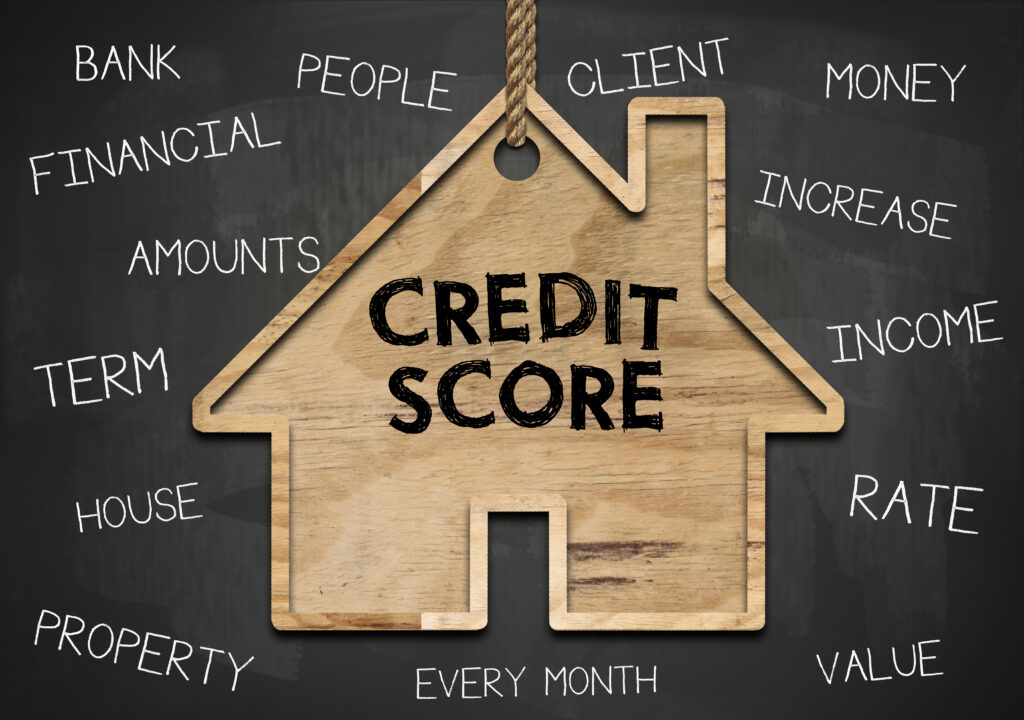IMPORTANT NOTICE: OneUnited Bank is providing these links to websites as a customer service. OneUnited Bank is not responsible for the content available at these third party sites. The Bank's privacy policy does not apply to linked websites. Please consult the privacy disclosures on each third party website for further information.
- Financial Wellness
-
-
-
Spend 5 min, Start Building Wealth
-
-
- Digital Banking
-
-
-
Accounts
- Get the Card
- Checking
- Savings and CDs
-
-
-
For Businesses
- Get a Business Loan
- Business Banking
-
-
-
- Our Story
-
-
-
Your Financial Future, Your Choice
-
-
- Support
-
-
-
Financial Wellness & Freedom
-
-
- Search Site
- Log-In
- Sign Up
















